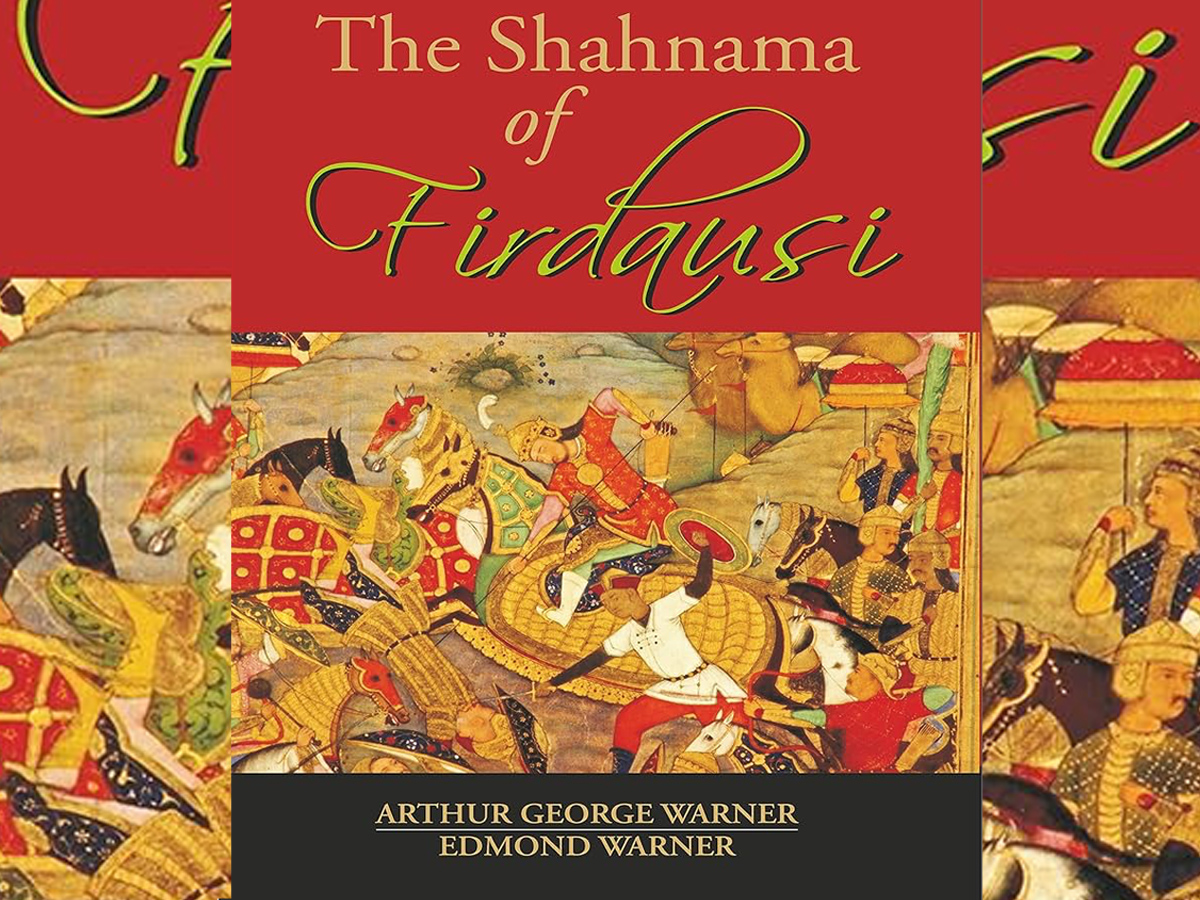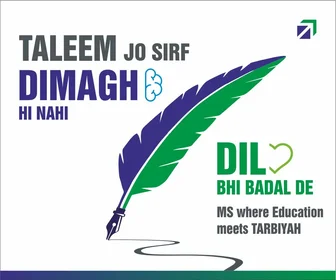
It is raining heavily in Mumbai again. Having written an article for my newspaper (The Times of India) on Saturday afternoon, I took a light lunch and dozed off. It was actually a cat nap.
I woke up and left for a meeting which got cancelled because of fear of incessant rains and strong winds. Do these things still scare Mumbaikars? I thought they had become hardened enough to weather these mini-storms.
I picked up Maarif, the monthly Urdu magazine of Darul Musannefin Shibli Academy, Azamgarh, UP. This is now in my regular reading list. Reading a scholarly essay, I stumbled upon a couple of Persian couplets and reached out to two different friends for explanations of couplets, one by each.
A line of Hafez Shirazi goes: Harche kardam hama az daulat-e-Quran kardam. Dr Akhlaq Ahan of JNU explains it as, “Whatever intellectual wealth I have got is because of the wisdom of the Quran.”
The second Persian couplet is by Saadi Shirazi, another iconic poet of Persian. Saadi beautifully verifies a Hadith of the Prophet which Maulana Burhanuddin Qasmi, director of Markazul Maarif Research Centre, gets translated from a Persian scholar friend.
One of my regrets is that, though I studied Persian till matriculation, I couldn’t sustain it. And, in the absence of regular use, I have mostly forgotten its words and their meanings. A big loss.
Persian was once a court language in India. It was so pervasive in its use that many non-Muslims, especially Kayasthas, learned it and rose through the ranks in the Mughal administration. Many of them graduated from being mere munshis (clerks) to established writers and poets in the language.
The same edition of Maarif carries a fascinating essay on Ram Narayan Hajipuri, a little-known poet of Persian who had written a commentary on the masterpiece Shahnama of Firdausi.
Ram Narayan was born around 1680 and his father Lakshmi Narayan was a deewan of Mughal emperor Aurangazeb’s son Bedar Bakht Bahadur. While stationed in Deccan, Ram Narayan wrote to his son in Hajipur that, if he wanted to ruse in Munshigiri, he should study Rozatul Safa, a book in Persian.
By the time Ram Narayan turned 25 at his home in Hajipur, he had already devoured works of over a dozen writers and poets in Persian, including Omar Khayyam and Saadi.
From the age of 26 to 30, Ram Narayan travelled widely with Vazarat Khan, a Subedar of Emperor Alamgir. Unlike today’s babus, who mostly use their official travels to sightseeing or learning how to amass wealth, Ram Narayan gathered knowledge by using spare time. During his travels, Ram Narayan finished reading several Persian tomes, including Akbarnama and Ain-e-Akbari.
During the subsequent seven years that he spent in Patna, he read innumerable texts, including Hindi translations of Ramayan, Gita and Mahabharata.
However, he never stopped the search for the book his father had recommended in a letter from Deccan years back. He finally found this book in the personal library of a Mughal noble and read it.
He penned poems in Persian and was in great love with his native Hajipur which he sang paean, calling it Darul Suroor (capital of cheerfulness) and Shahar e Firdaus Mazhar (The city of paradise and royalty). I have passed by Hajipur innumerable times and can only call the poet’s description “highly romantic”. But then it was the 17th century. I don’t know if Hajipur was so beautiful then. Let us allow the romantic poet the license to let his imagination run.
Those living in Hajipur and its neighborhoods must take pride in the fact that Ram Narayan had acquired such competence in Persian that he wrote a commentary of Shahnama in prose and also penned poetry in the language.
Is Chirag Paswan reading it?
Alas, Persian is today more or less a language of the museum in India. Who killed it? And how can such a beautiful language which is a reservoir of so much of our history, culture, and literature be revived? I leave these questions to you.
Post-script: I set out to write about stories from three magazines (one in Urdu, two in English) which are fuel to my thoughts for this weekend. But I got so carried away by Persian and the accomplishment of Ram Narayan in this language that I devoted almost an entire essay to him. This happens when you read something interesting, something intellectually stimulating.
My second daughter Sara tells me, “Daddy, you are lucky because you found a calling which is your passion.”
Of course, God has been very kind to me.
The above piece is by Mohammed Wajihuddin, a senior journalist with the Times of India, Mumbai. This is his blog.


